Allahumma Inni As’aluka Min Fadlik Meaning, Arabic, And Benefits
Allahumma inni as’aluka min fadlik is a short Dua for asking Allah His bounties. It is also part of Dua for leaving masjid (mosque). Let’s look at the beautiful meaning of the supplication.
Advertisements
Allahumma Inni As Aluka Min Fadhlika Wa Rahmatika English
Allaahumma inni as aluka min fadhlika wa rahmatika means O Allaah indeed I ask of You for Your Virtue (Bounty) and Your Mercy, for indeed, no one possesses these except You.’.
Allahumma Inni As’aluka Min Fadlik In Arabic text
اللهُمَّ إِنِّي أَسْأَلُكَ مِنْ فَضْلِكَ وَرَحْمَتِكَ, فَإِنَّهُ لَا يَمْلِكُهَا إِلَّا أَنْتَ
Transliteration
Allahumma inni As’aluka Min Fadlika wa Rahmatika fa Innahu la Yamlikuha illa Anta
You should make it a habit to always ask Allah for His favor and He will grant it to you, for He is Most Generous and Most Giving.
Advertisements
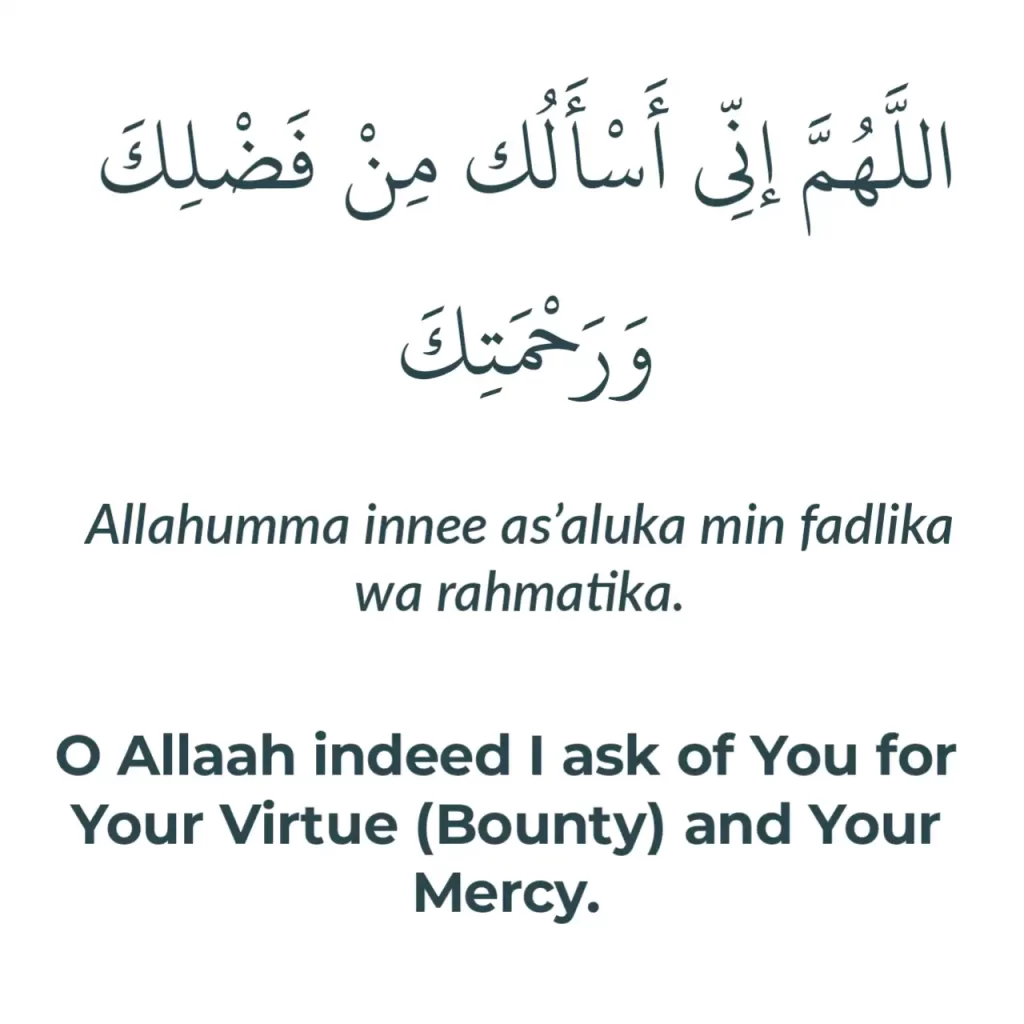
Allah SWT ordered His beloved in Surah Nisa verse 32 to ask His Bounties as Allah say
…. And ask Allah of His bounty. Indeed Allah is ever, of all things, Knowing.
- Related: Allahumma Malikul Mulk Dua
- Allahumma Izzal Islama Wal Muslimeen
- Allahumma Zidna Wala Tanqusna Wa Akrimna
Hadith Reference
From Abdullaah bin Mas’ood -RadhiAllaahu anhu- who said:
‘A guest came to the Prophet sallAllaahu alayhi wa sallam, so he sent a message to his wives hoping they had some food, but there was no food with anyone of them, so the Prophet said:
O Allaah indeed I ask of You for Your Virtue (Bounty) and Your Mercy, for indeed, no one possesses these except You.’
So I gave him a gift of roasted sheep. The Prophet ﷺ said: ‘This is from the favour of Allaah and we await Mercy.’
Collected by Abu Na’eem in al-Hileeyaa (5/36 and 7/239)
Breakdown of the Dua
His saying: “O Allah, I ask You for Your favor and mercy”: It means, O Allah, I ask You for the increase of Your goodness, gifts, and blessings that I cannot do without,
And I ask for Your mercy that encompasses everything, that You bestow upon me Your mercy and everlasting compassion, for, my Lord, I cannot do without Your virtues and mercies for even the blink of an eye.
His saying: “For none can bestow it except You”: (Meaning) no one possesses favor and mercy except You, for You alone determine and send them.
Therefore, they can only be sought from You, because He, the Almighty, is the Owner of everything, and everything belongs to Him, and He has determined everything. So, they should only be asked from Him, the Most High.
Advertisements
- The Simplicity of the Words:
The beauty of this dua lies in its simplicity. It consists of a few words, making it easy to memorize and recite regularly. The straightforward nature of this supplication emphasizes the direct connection between the believer and Allah. - A Humble Request:
The dua starts with the believer humbly addressing Allah as “O Allah.” This choice of words reflects the humility and submission of the person making the supplication, acknowledging their dependence on the Divine. - Seeking Allah’s Virtue (Bounty):
In this part of the dua, the believer asks Allah for His Virtue or Bounty. This is a request for Allah’s generosity, grace, and blessings. It signifies a desire for the bestowing of gifts and favors from Allah, recognizing that all goodness comes from Him. - Seeking Allah’s Mercy:
The second part of the dua involves a request for Allah’s Mercy. Mercy is one of Allah’s most essential attributes, and seeking it reflects the believer’s acknowledgment of their need for forgiveness, compassion, and guidance. It’s a plea for Allah’s kindness and forgiveness. - Exclusive Possession by Allah:
The dua emphasizes that only Allah possesses these qualities. By stating, “for indeed, no one possesses these except You,” it highlights the uniqueness of Allah’s Virtue and Mercy. This reinforces the concept of Tawheed, the belief in the oneness of Allah, and underscores that everything ultimately depends on Him.
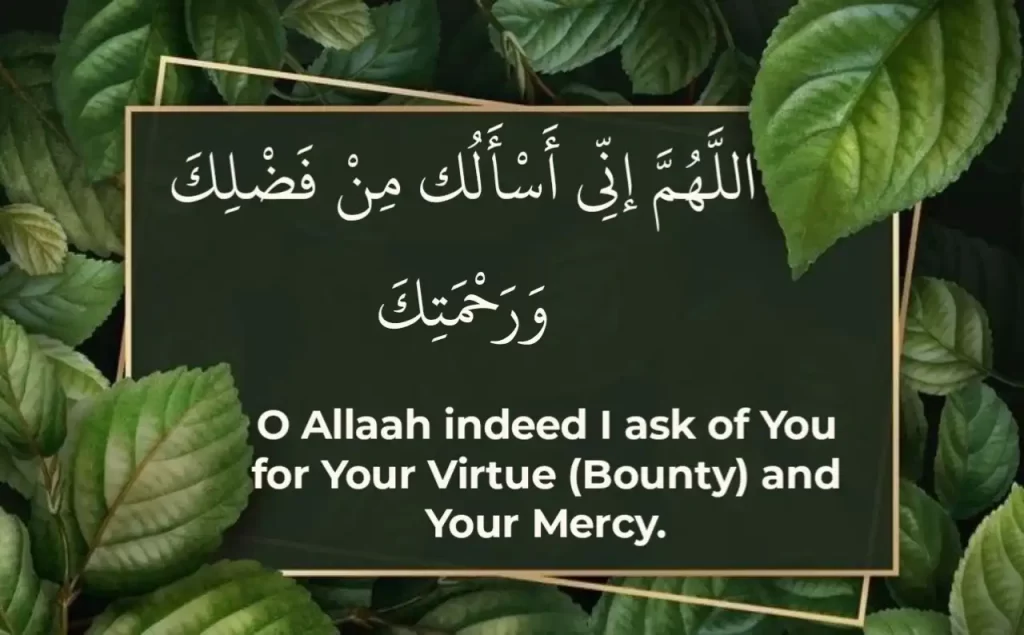
Dua Benefits
Here are some of the benefits of regularly reciting the dua “O Allah, indeed I ask of You for Your Virtue (Bounty) and Your Mercy, for indeed, no one possesses these except You”:
- Spiritual Connection: Reciting this dua helps strengthen the connection between the believer and Allah. It serves as a reminder of one’s dependence on Allah and the need for His blessings and mercy.
- Humility and Submission: The dua begins with the humble address “O Allah,” reinforcing the humility and submission of the believer.
- Seeking Allah’s Favor: By asking for Allah’s Virtue or Bounty, the believer seeks Allah’s generosity and blessings. This supplication is a way of expressing the desire for Allah’s favor in various aspects of life.
- Seeking Allah’s Mercy: The request for Allah’s Mercy is a plea for forgiveness, compassion, and guidance. It’s a means of seeking Allah’s kindness and assistance during times of difficulty and seeking His forgiveness for one’s sins.
- Tawheed and Monotheism: The dua emphasizes the concept of Tawheed, the belief in the oneness of Allah, by highlighting that only Allah possesses these qualities. It reinforces the core Islamic belief that all goodness and blessings come from Allah alone.
- Regular Remembrance of Allah: Incorporating this dua into one’s daily supplications encourages the regular remembrance of Allah. It helps believers maintain a strong connection with their Creator throughout their day.
- Strengthened Faith: Reciting this dua regularly can strengthen one’s faith by serving as a constant reminder of Allah’s unique attributes and the believer’s reliance on Him.
- Inner Peace and Tranquility: Engaging in regular supplication can bring a sense of inner peace and tranquility. Knowing that one is seeking Allah’s Virtue and Mercy provides comfort during challenging times.
- Positive Mindset: Regularly asking for Allah’s Virtue and Mercy can promote a positive mindset. It instills hope and optimism, knowing that Allah’s blessings and mercy are always available to those who seek them.
Advertisements

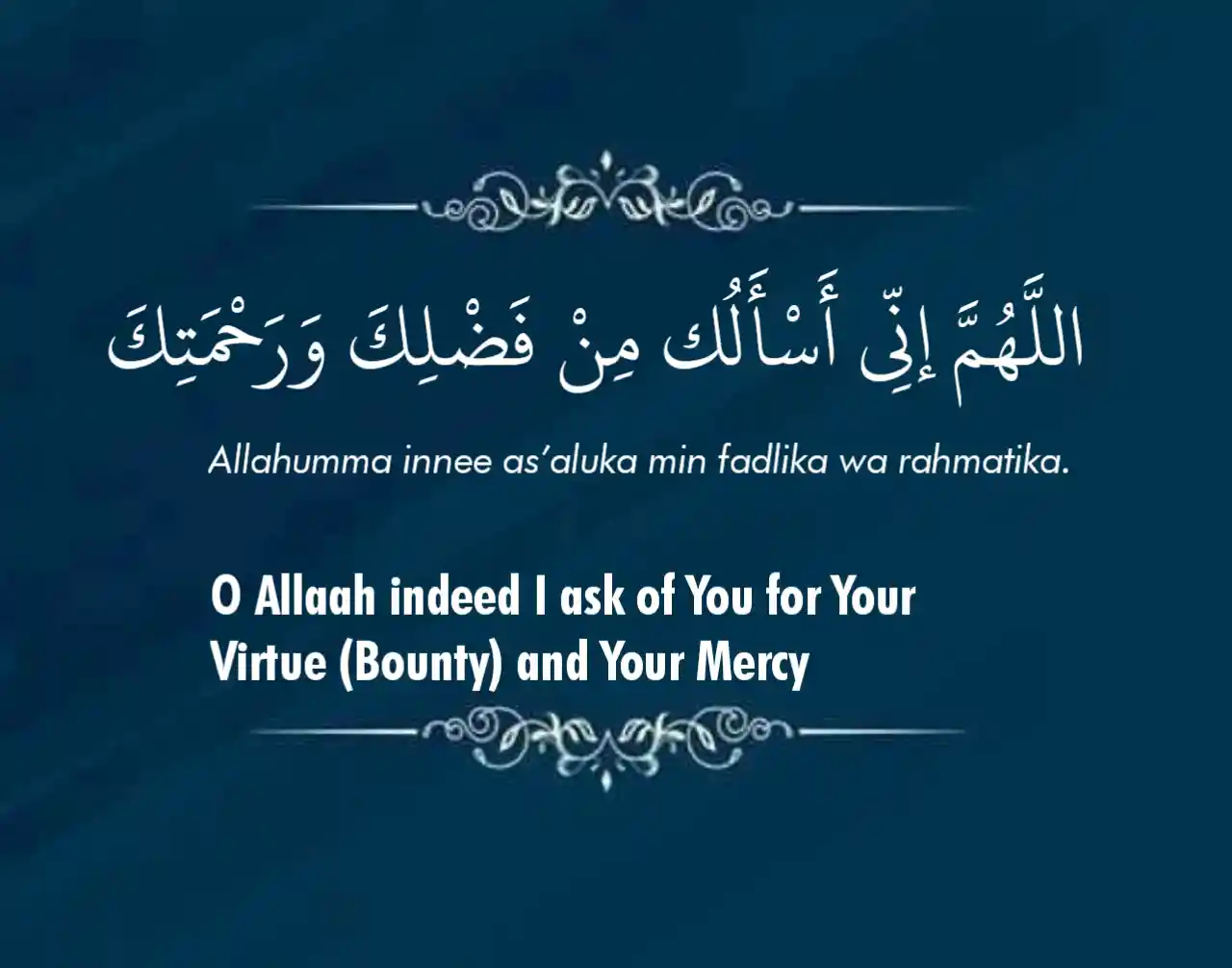
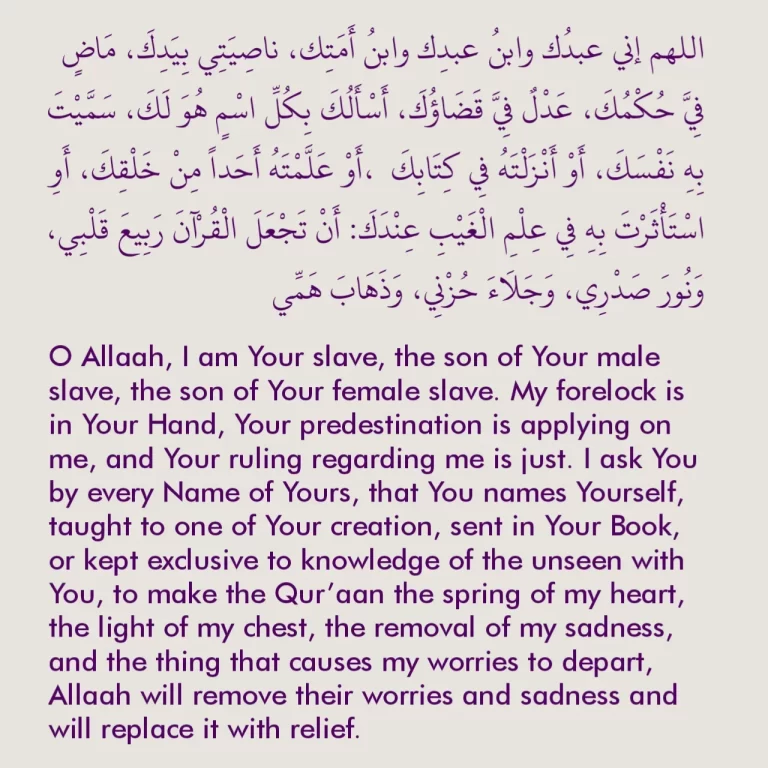
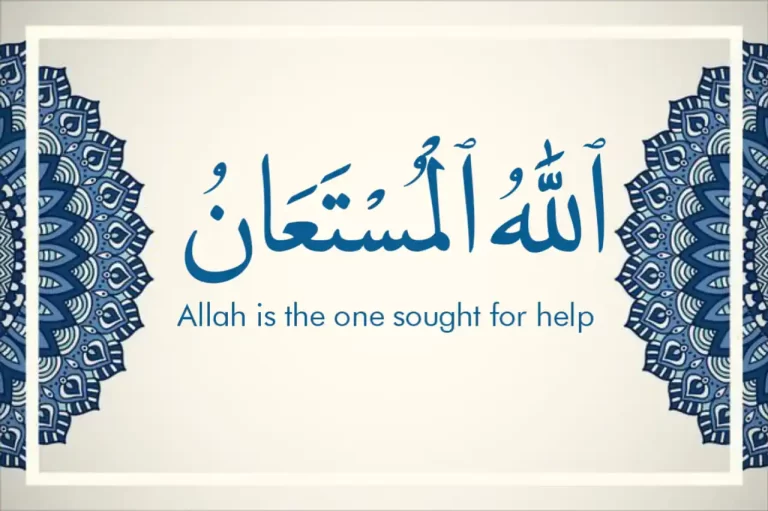
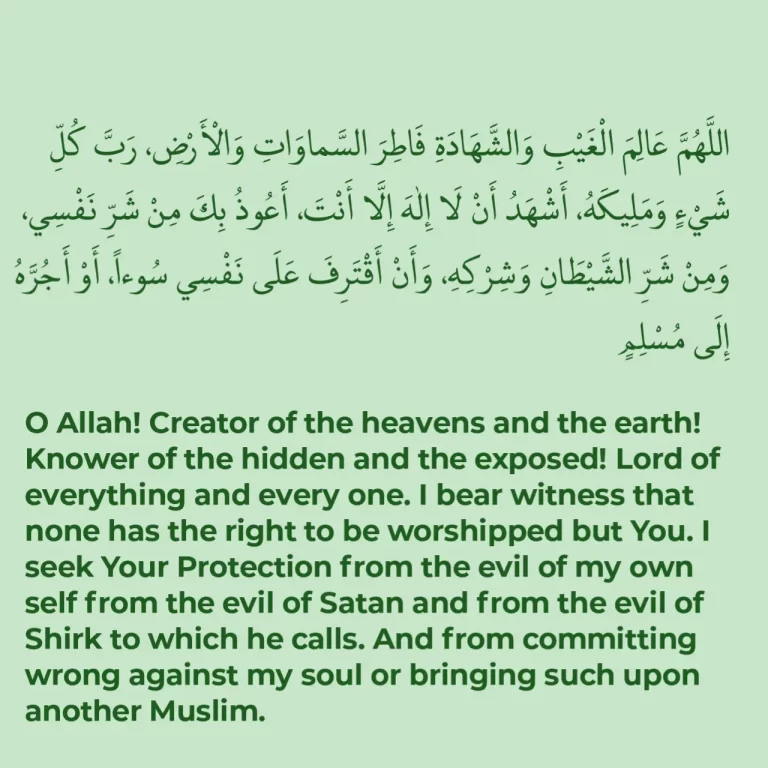
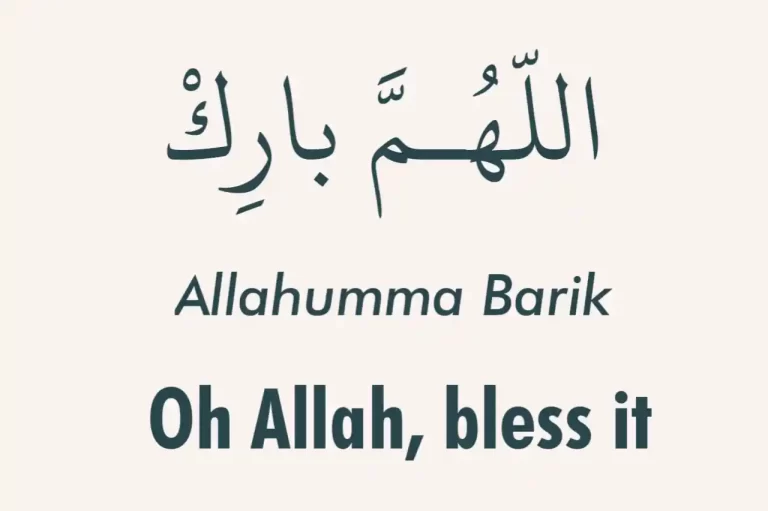
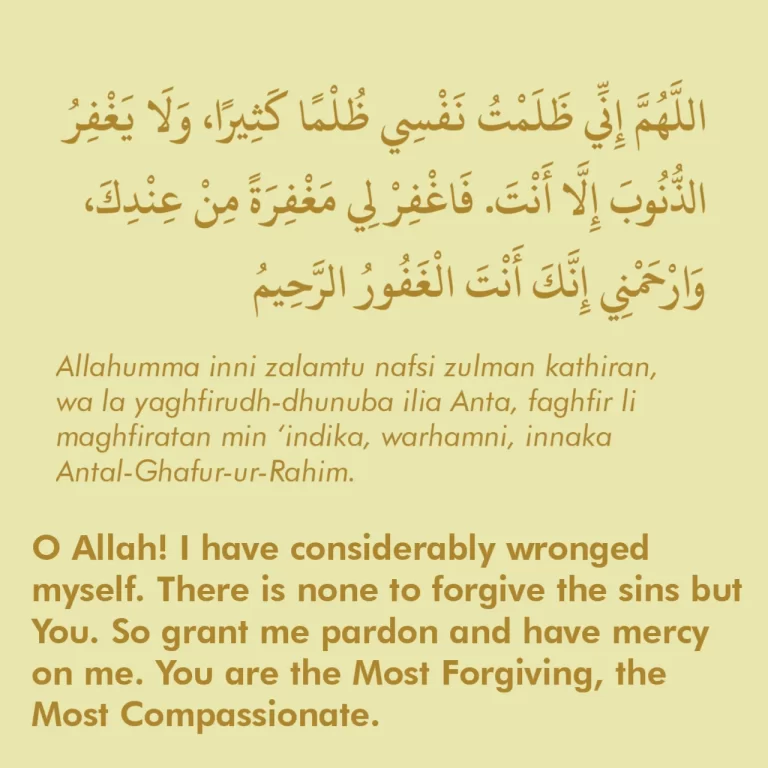
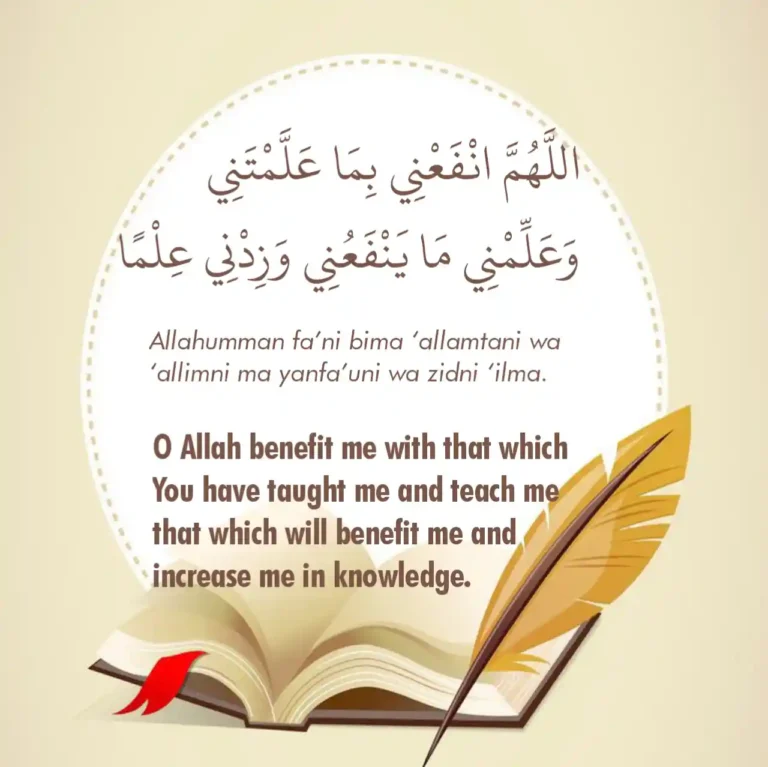
4 Comments